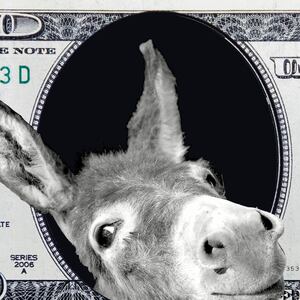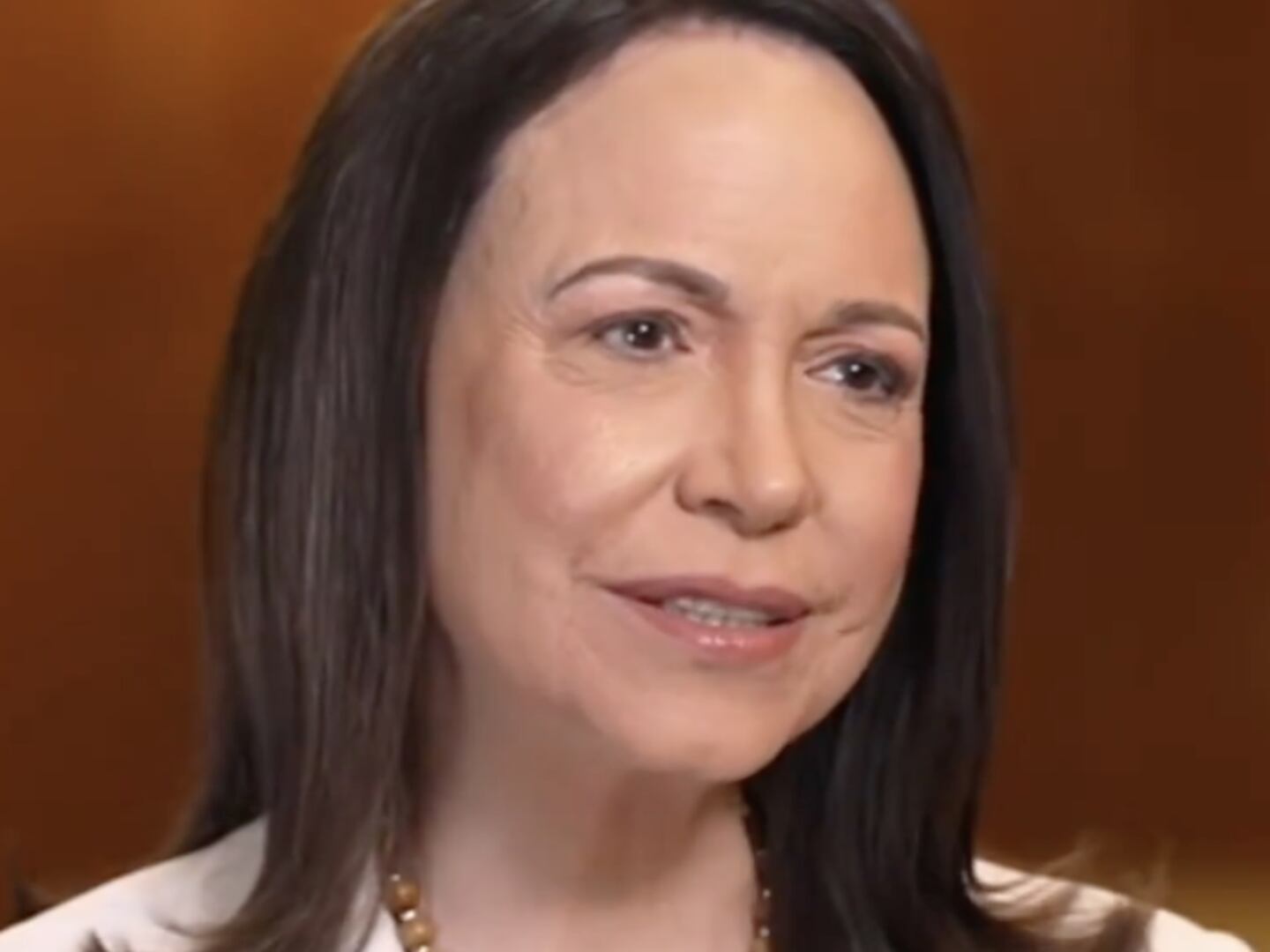Now comes the hard part. The COVID relief bill, in retrospect, was the easy part, a preseason scrimmage against the jayvee team. The Republicans were confused and defensive, and ultimately, almost no Democrat was going to walk away from the new Democratic president’s very first initiative (in the end, one did, Jared Golden of Maine, and we’ll see how that works out for him in 2022).
But the infrastructure bill Joe Biden unveiled as part of his “Build Back Better” agenda is going to constitute a considerably steeper hill. The Republicans will gather themselves and be much more cut-throat in opposition. Why? Because this infrastructure bill contains something the first bill didn’t, something that will turn this into war: a tax increase.
That seriously raises the stakes. It’s only an increase, or two kinds of increases, on corporations. But that’s enough. The last time any significant number of congressional Republicans supported a tax increase was, wait for it, 31 years ago. So none of them will vote for this, and any thought to the contrary is a fantasy. But if Biden can keep the Democrats together and ram this package, tax increases included, through, then yes, we can start talking about paradigm change.
We’ll come back to that, but first: I can’t tell you how many years, decades, many of us have been waiting for this moment. People have known since the 1970s that our infrastructure was starting to crumble. In 1993, Bill Clinton got an increase in the gas tax to pay for roads and bridges. It was the last time that tax was increased. Barack Obama’s stimulus bill also had a lot of infrastructure money, but projects were financed mostly through bonds. The Trump administration talked about an “infrastructure week” but it was never more than a punchline.
This is different. This plan lays it right out there for the American people: We are building roads and transit and airports and rail stations and electric charging stations and broadband connections and container ports and new water pipes and a whole bunch of other things, and we’re making the corporations that have made out like bandits these last decades pay for it all.
As Biden said in his remarks Wednesday in Pittsburgh: “A fireman and a teacher paying 22 percent? Amazon and 90 other major corporations are paying zero in federal taxes? I’m going to put an end to that.”
It is thus an explicit economic choice. Biden offers the kind of Keynesian model of public investment that built so much of this country’s now-creaking infrastructure from the New Deal to the 1970s, when Milton Friedman came along and told corporations that their alleged obligation to pitch in on roads and bridges and what have you—that is, to society—didn’t exist. Biden is telling them, more explicitly than the last three Democratic presidents at least, that it does exist.
How will they respond? That is the interesting question here. We know how the Republicans will respond. That last tax increase vote back in 1990, agreed to by less than half of House Republicans while George H.W. Bush was president, is what led Grover Norquist to conjure into being his infamous anti-tax pledge. Nearly every Washington Republican has signed it ever since (although not, interestingly, in state capitals, where they’ve sometimes had to raise taxes like the gas tax precisely because money from the feds dried up), and they’ve never raised taxes.
So don’t believe anyone you see on television nattering about how hopeful they are that this will be a bipartisan bill. It will not be. Though again, it may be in the same sense that the relief bill was, i.e., majorities of rank-and-file Republicans in polls showing themselves in favor of this or that provision. But elected Republicans will be ferocious, and they’ll line up their talking points fast—deficit, inflation, big government.
The key thing here will be corporate America. You have seen as well as I have in recent years the lip service, and in limited cases more than lip service, that corporations have paid to walking away from Friedmanism and embracing a common-good approach. Larry Fink of BlackRock talks of corporate responsibility. The Business Roundtable in 2019 redefined the corporation as an entity that promotes “an economy that serves all Americans.”
That’s great talk. But so far it’s been just talk. Now, as of March 31, with the introduction of this package, corporations are being pressed to put up or shut up. An economy that serves all Americans costs money—and it needs to come from them that’s got it.
Biden, hitting the right symbolic notes, unveiled the plan in Pittsburgh. I grew up down the road in West Virginia. We went to Pittsburgh a lot when I was a kid. I’ll never forget the sight of the Homestead Steel Works along the banks of the Monongahela River, that massive, smokestacked ground zero of unionism and the middle class and the fight against fascism (15,000 men worked there during World War II). What’s there now? T.J. Maxx, Dick’s Sporting Goods, etc.
That patch of real estate is the perfect symbol of how we’ve gone from creating a middle class to creating a wage class. And don’t think race isn’t central to all this, too. American elites didn’t mind building a middle class when it was mostly white. But once Black people started demanding their piece of the pie and immigrants started arriving after 1965, the elites’ attitudes changed, and Milton Friedman’s arguments started to resonate.
This package can help right all those wrongs. The greatest fight of our time is the fight to protect the vote, because if we lose that, our democracy is gone. But a pretty close second is this fight for a new economic paradigm that reinvigorates public investment, making sure this time that everyone really does benefit.
Many rivers to cross, as Jimmy Cliff said, but for starters, I’m just happy that after all these years, we’re finally going to have this fight.
UPDATE: Grover Norquist writes to say that he started the pledge in 1986, not 1990. I regret the error.







